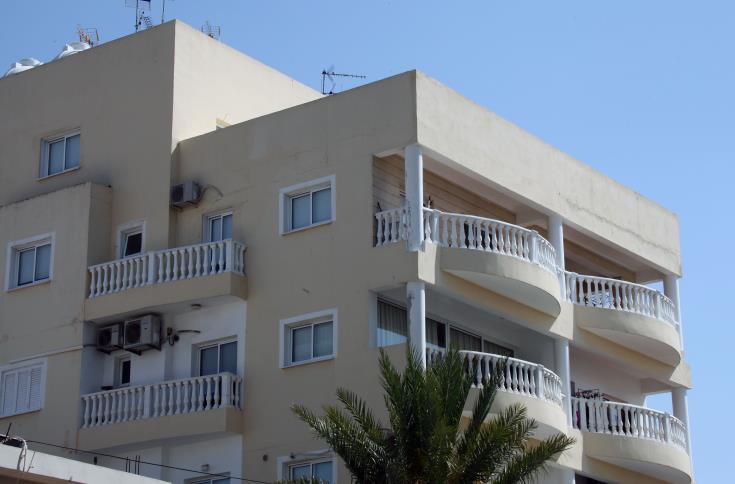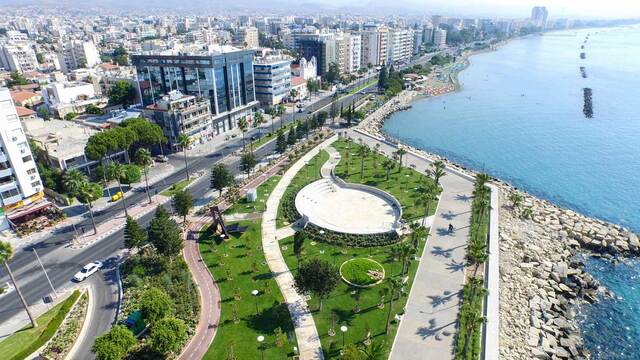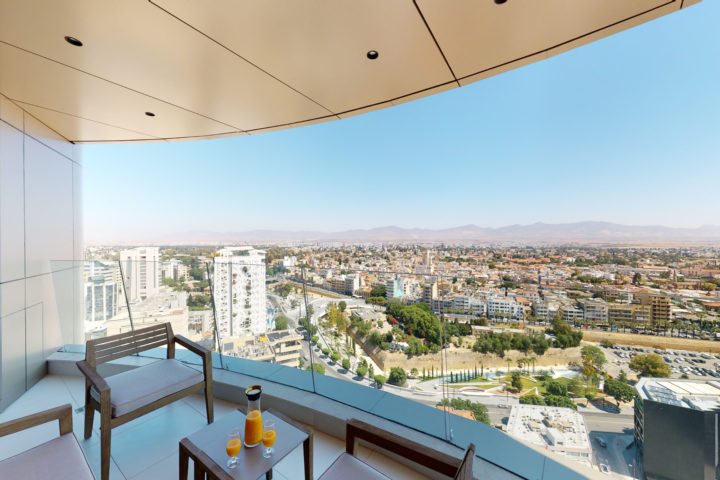.
Like many other things most of our lifestyle habits are changing and they now have a cycle.
A young couple starts with the acquisition of an apartment 1-2 bedrooms, then depending on their financial ability move on to a larger apartment and then to a house.
Other than those who have the financial support of their parents/ family, the cycle of housing described is the above for the majority. This cycle, whereas it is ordinary in other countries, in Cyprus only in the past 15-20 years has it appeared, since local attitudes did not find moving homes appealing.
The cycle ends when the couple reaches the age of 65 years (plus) and in cases where children no longer live with the parents. Especially those who have built in the past huge houses and with spacious garden, the “aged” couple does not wish to live in a house of more than 200 sq.m., whereas cleaning and keeping in shape a large garden is costly (the feeling of living in a “ghost” house is not appealing in addition).
Older house design units can also become a problem, such as 1980s design of adopting split level units with 2-3 steps at various levels.
The recent change is also affected by the prevailing economic situation since the family home is usually left to the children (mainly the daughter). Now most children find their parent’s home costly to upkeep, outdated, requiring extensive modern improvements and thus new couples have no time/inclination to take it over.
In terms of age groups and based on our experience:
Young couple aged 25-35 – Compact apartment of 2-3 bed
Married at age 35-45 – Larger apartment or small house
Living at age 45-65 – Larger house but at the late age children leave home
The older couple if they succeed to sell/let their property are looking for a central apartment close to shops and other facilities within walking distance in the area of 150 sq.m. (max.)– either to buy or to lease it long term.
In our opinion changing times and living habits, brought about a new housing time requirement frame which did not exist before (the house was there for life given at a later stage to the daughter upon marriage as a dowry).
In the past, parents would displace themselves by giving away their house and they were accommodated usually in the rear part of a house named “subsidiary house” – an acceptable circumstance at the time but no more.
Now families are not as close as they used to be, and it distresses us to note an increasing tendency to place the parents in an old people’s home (most of which are an embarrassment) be it that some of them have a hotel facility.
High-end retirement homes are not available, and we believe that there is room and a good demand for such projects (both for locals as well as foreign residents).
Selling one’s house and moving into a managed complex with some facilities is what is needed, and we do not refer to those who are sick or disabled. We wrote in the past that an ideal project was the Kermia Hotel in Ayia Napa which comprised of two-bed bungalows with a common/central building accommodating a café/internal pool/a meeting room – Now this hotel has been sold and placed into tourist use.
For such projects however, we found that a rental/occupation fee of €2,000 p.m. is not unreasonable and of course it applies to those who have the financial ability to do it. This coupled with food/services will end up to a total of €3,000 p.m. for two people.
It is reasonable in the sense that if the couple sells their house the capital received should go against the rent/living expenses, but then the relevant project will bear no relation to those prevailing, but more on the lines of U.S.A. residential retirement projects.
In a proposal that we have made, retired people could pre-let the leased property for a period of 10-15 years, with the right to sell the balance of the lease should they have to or want to terminate. We tend to think that this type of project is now becoming more of a necessity.
As people tend to live longer (Cyprus average life expectancy is 75 years men and women 82). It is appreciated that the need will become an increasing one and this alternative will be to the benefit of the parents as well as the children (who have no time for the parents).
In the past, parents would pass on their property to children upon death, but there are those who make the mistake to transfer the property to the children prior (in hope that the children will look after them later on) – How wrong this is. So nowadays, under the new law the parents in order to have some sort of safety, they can transfer the property, retaining a life interest. That is, the parents have use of the property for as long as they live (including rental, development) duly registered on the title.
It is a sort of a blackmail by parents to their children. Property with life interests is an asset for the parents and an asset for the children (be it much reduced in value depending on the parents age).
Times are changing as Bob Dylan said in a song – indeed they are.










